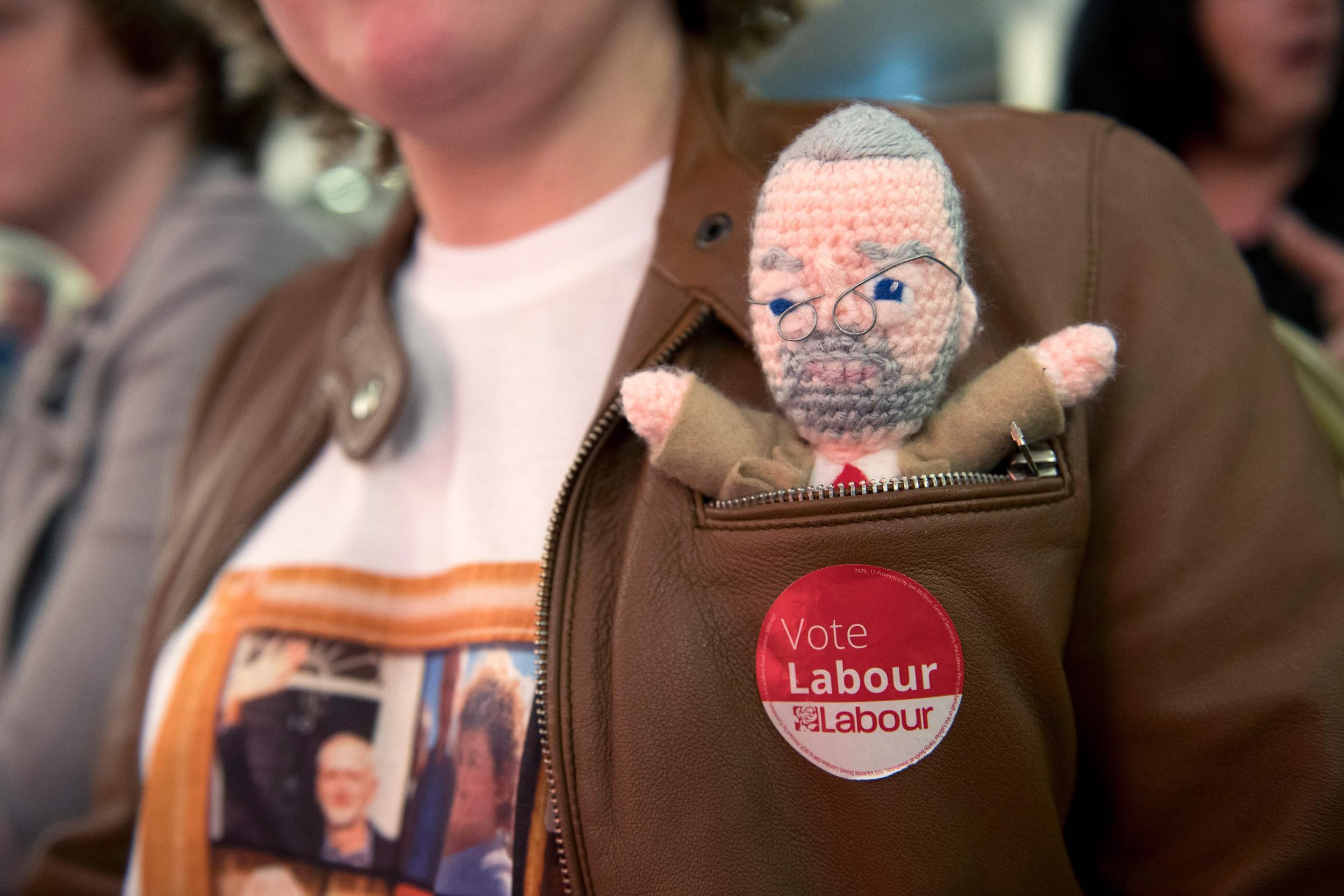Promises made by the three big political parties are encouraging – but their leaders remain unimpressive
Historic prejudices against Labour over economic competence and the Tories over NHS privatisation hold firm; likewise, the electorate has not forgiven or forgotten the Lib Dems’ backtracking on student fees

Promises, promises, promises. All three of the mainstream national parties have unveiled fresh pledges, and each is perfectly laudable on its own right. The nation would benefit from all three: raising tax for the rich, funding mental health care properly and protecting pensions. The real question is whether the electorate will be prepared to take each party at its word.
Always healthily sceptical, the British wavering voter in the marginals seems inclined to regard the Conservatives as the least trustworthy: hardly the wave of enthusiasm to deliver Theresa May a landslide result.
For Labour, John McDonnell's pledge to restrict tax rises to those on incomes of £80,000 a year is the most breathtaking piece of political cross-dressing since the heyday of New Labour. Indeed, it is precisely the sort of promise from Tony Blair that would have once had Mr McDonnell and Jeremy Corbyn sneering about betrayal. Of course, it leaves the shadow Chancellor much room to increase other taxes and national insurance rates, so it cannot be taken entirely at face value. Nonetheless it is a brave and smart move to take the battle to the Conservatives on their traditional territory.
The obvious trouble for Mr McDonnell is that few believe him. He and his leader have a long association – perfectly honourable in its own terms – of radical redistribution, and it is difficult to treat with much credibility a change that seems so dramatic and would make even Peter Mandelson blush. Besides, if Mr Corbyn's Labour Party is about anything, it is defending and funding public services as an absolute priority, something that would override any promises about tax. Moreover, there remains a general historic prejudice against Labour on economic competence.
By the same token, whatever Jeremy Hunt and the Tories promise for the NHS and mental health will be taken with caution. On the Andrew Marr Show and wearing his NHS lapel badge, Mr Hunt seemed sincere and committed to the cause. Theresa May also laid out some impressive ambitions for mental health services on her first day in office. Now new funding for some 10,000 extra staff is promised.
Again though there is a question of credibility – the Tory record in office and perceived hostility to the NHS will leave floating voters doubtful that the party would indeed raise taxes or do whatever is necessary to make sure the NHS has the resources to keep up with demographic change and rising expectations.
Third up is the Liberal Democrat guarantee to retain the triple lock on pensions. Despite the Conservatives seeking to “own” the idea, it was always a Liberal Democrat policy, along with taking lower-earners completely out of income tax via a £10,000-plus personal allowance. The problem for the Lib Dems is that the tuition fees fiasco has neither been forgotten nor forgiven yet, although memories are fading. Tim Farron does not yet have the undivided attention of the electorate for his messages: the feeling must be that if his party was happy to lie to the students, how do their grandparents know they might not suffer a similar con trick?
The net result of all these trends will probably be to drive Ms May back to No 10, and with an increased and larger majority, but with nothing like the personal mandate she seeks. She may in fact win little more backing for her party than David Cameron did two short but eventful years ago. She is not a first-rate leader of her party or her country: the problem is that Mr Farron and Mr Corbyn are even less impressive. More than most elections, the 2017 contest is, as JK Galbraith once put it, a choice between the unpalatable and the disastrous. Just as well that the people’s expectations in this age of uncertainty are so subdued.

Join our commenting forum
Join thought-provoking conversations, follow other Independent readers and see their replies